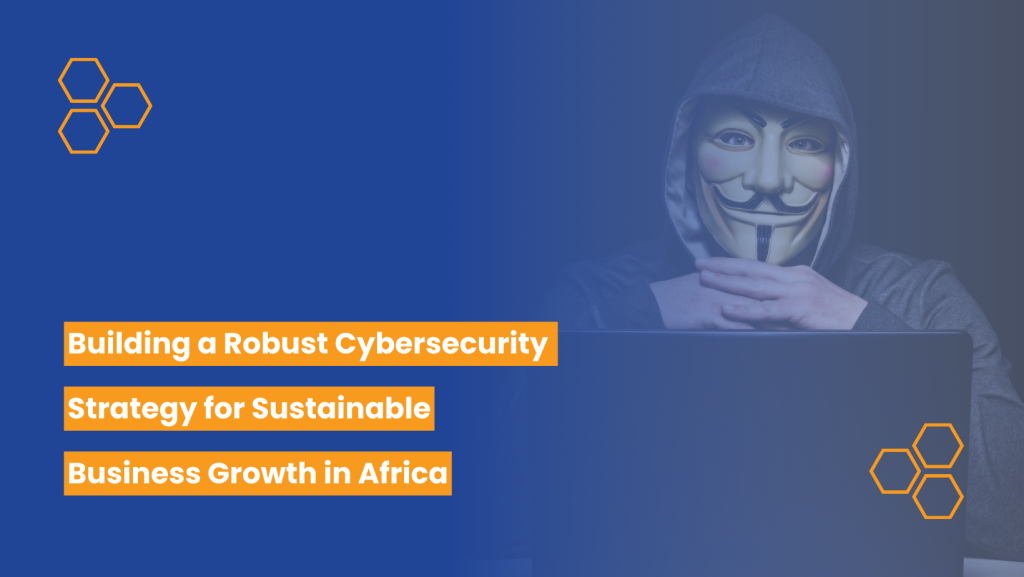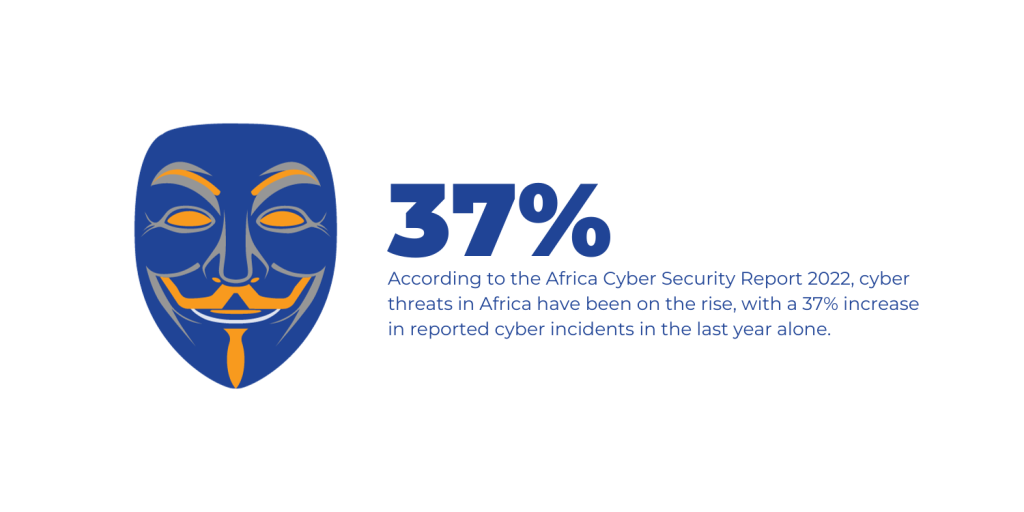
Building a Robust Cybersecurity Strategy for Sustainable Business Growth in Africa

In an era where digitalization is reshaping the business landscape, safeguarding sensitive information has become a non-negotiable priority for African enterprises. The complex and evolving nature of cyber threats necessitates a comprehensive cybersecurity strategy that not only safeguards data but also fosters sustainable business growth. This article serves as a practical guide for African businesses looking to fortify their digital defenses and protect their operations from potential cyber risks.
Understanding the Current Cybersecurity Landscape in Africa

According to the Africa Cyber Security Report 2022, cyber threats in Africa have been on the rise, with a 37% increase in reported cyber incidents in the last year alone. This alarming trend highlights the urgent need for businesses to adopt proactive cybersecurity measures to protect their data, operations, and reputation.
Key Challenges Facing African Businesses in Cybersecurity:
- Limited Awareness: Many African businesses lack awareness of the potential cybersecurity risks and the necessary steps to mitigate them.
- Resource Constraints: Small and medium-sized enterprises often face resource constraints that limit their ability to invest in comprehensive cybersecurity measures.
- Rapid Technological Adoption: The swift adoption of new technologies often outpaces the implementation of robust cybersecurity protocols, leaving businesses vulnerable to emerging threats.
- Lack of Skilled Professionals: There is a shortage of skilled cybersecurity professionals in the African workforce, making it challenging for businesses to build and maintain strong security teams.

Key Steps to Build a Tailored Cybersecurity Strategy for African Businesses:
- Conduct a Comprehensive Cybersecurity Assessment:
- Perform a thorough assessment of the existing IT infrastructure and identify potential vulnerabilities.
- Assess the current security protocols and determine any gaps that need to be addressed.
- Establish a Risk Management Framework:
- Identify and prioritize potential cyber risks based on their potential impact on business operations.
- Develop a risk management framework that aligns with the specific needs and goals of the business.
- Implement Strong Access Control Measures:
- Enforce strict access controls to limit unauthorized access to sensitive data and systems.
- Implement multi-factor authentication to enhance the security of access points.
- Invest in Employee Training and Awareness Programs:
- Conduct regular training sessions to educate employees about cybersecurity best practices and the latest threats.
- Foster a culture of vigilance and accountability among employees to ensure their active participation in maintaining cybersecurity measures.
- Deploy Advanced Threat Detection and Response Systems:
- Invest in cutting-edge threat detection tools and technologies to identify and mitigate potential security breaches in real-time.
- Implement automated response systems to promptly address any security incidents and minimize potential damages.
- Regularly Update and Patch Systems:
- Maintain a schedule for regular system updates and patch management to address any known vulnerabilities.
- Establish protocols for testing and implementing updates to minimize operational disruptions.
- Develop a Robust Incident Response Plan:
- Create a comprehensive incident response plan outlining the steps to be taken in the event of a cybersecurity breach.
- Conduct regular drills and simulations to test the effectiveness of the response plan and make necessary adjustments.
- Collaborate with Trusted Cybersecurity Partners:
- Form strategic partnerships with reputable cybersecurity service providers to leverage their expertise and technologies.
- Engage with local and international cybersecurity communities to stay updated on the latest trends and best practices.
Conclusion:
In a digital ecosystem that is continuously evolving, building a robust cybersecurity strategy tailored to the unique challenges faced by African businesses is imperative for sustainable growth. By prioritizing comprehensive risk management, empowering employees through regular training, and collaborating with experienced cybersecurity partners, African businesses can ensure a secure digital future and establish themselves as leaders in the global digital economy.










